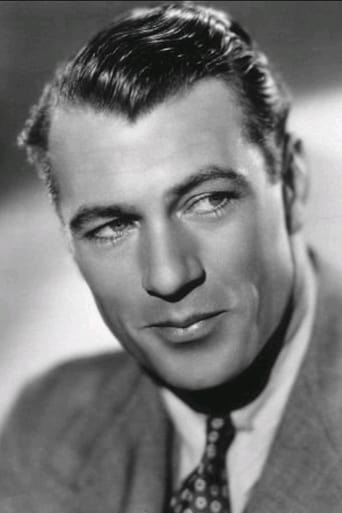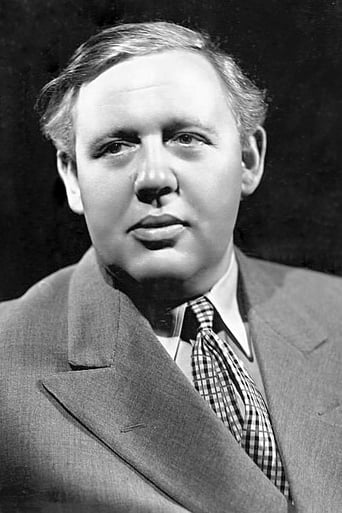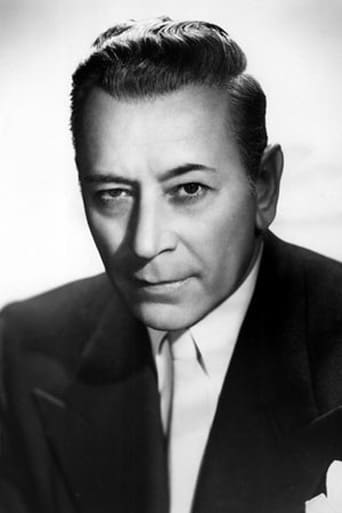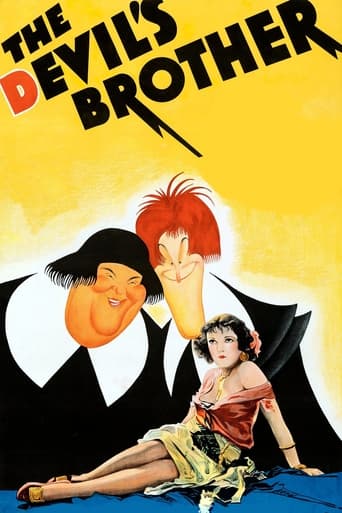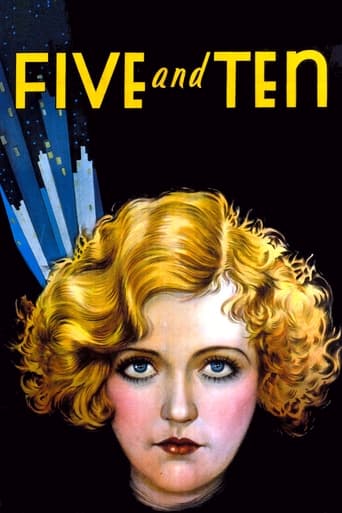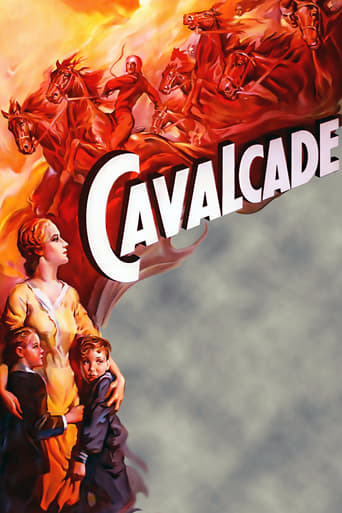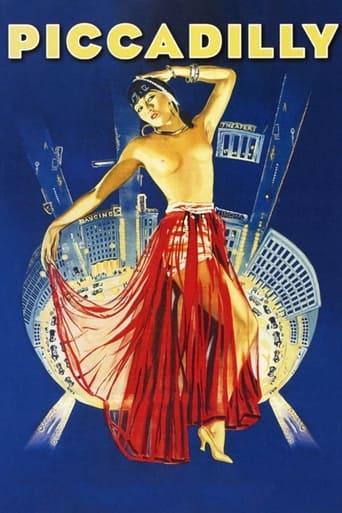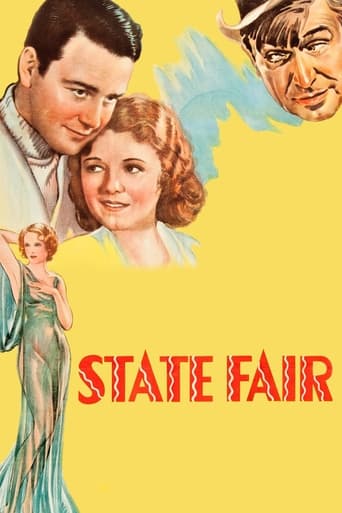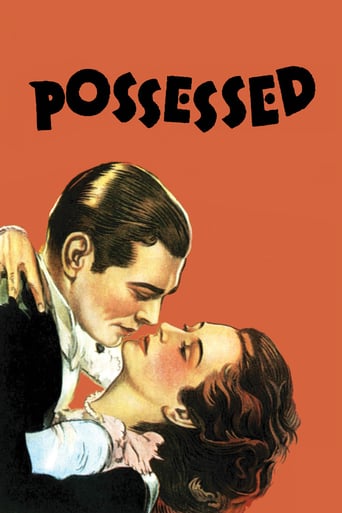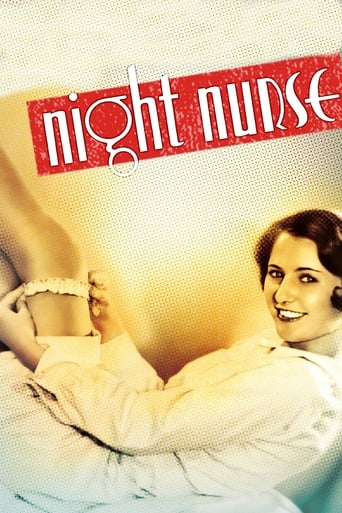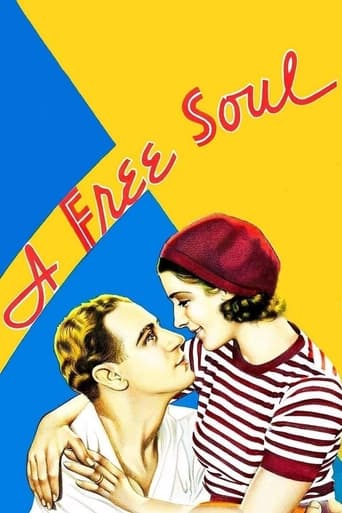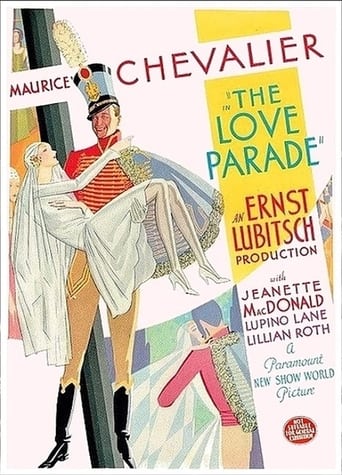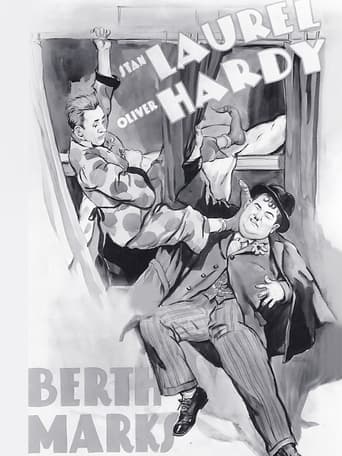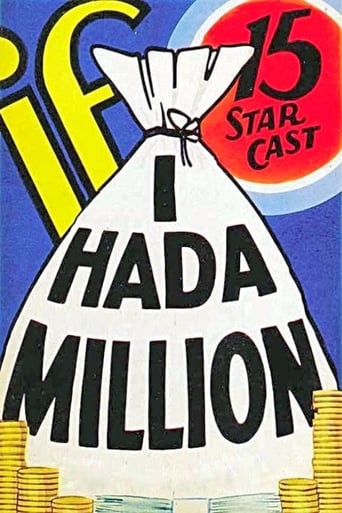

If I Had a Million (1932)
An elderly business tycoon, believed to be dying, decides to give a million dollars each to eight strangers chosen at random from the phone directory.
Watch Trailer
Cast


Similar titles
Reviews
"If I Had a Million" is an unusual film. The plot is presented as eight totally unrelated short stories. They are connected by the narrow thread of another story – the overriding one for the film. A multi-millionaire who is dying wants to give away his fortune to perfect strangers. As John Glidden (played by Richard Bennett) says, "I just want somebody to have something worthwhile out of what I spent my life to accumulate." He doesn't want his fortune to go to his lecherous relatives. And, of the thousands of people he employs, he says he can't think of one "that's fit to leave in charge of a peanut stand."His attorneys say that his relatives would surely break his will if he left everything to strangers, which he said he would like to do. So, his solution is to live long enough to give his fortune away himself. He begins by picking eight names at random from the telephone book, for people to whom he will personally visit to give them certified checks for $1 million. This plot may have been an inspiration for the later TV series, "The Millionaire," that ran on CBS from 1955 to 1960. The eight short stories within vary from comedy, to drama, to crime, to pathos, and to redemption. Some have lessons, while others are just sporting fun. The film has a number of name actors of the day – the top names each starring in one of the short stories. A couple of serious stories have clear themes that crime doesn't pay. Those, with George Raft and Gene Raymond, seem a little melodramatic. Most of the rest are slices of life, with some nice humor in several of them. In one, Wynne Gibson plays a hooker, Violet Smith, whose good fortune is her ticket out of the slums. A nice symbolic scene has her renting the most expensive room in a classy hotel and then going to bed by herself to enjoy a night's sleep in luxury. Charles Ruggles as Henry Peabody, and Charles Laughton as Phineas Lambert, have comedic scenes in which they can escape from the doldrums. Gary Cooper is Steve Gallagher, who, with two fellow Marines (Jack Oakie and Roscoe Karns) can't seem to stay out of the guardhouse. Because of their cut-up nature and goofing off together, Steve doesn't believe Glidden when he gives him a check for $1 million. So, he signs it away to Zeb, the hamburger stand owner for $10 to take waitress Marie (Joyce Compton) to the carnival. The boys begin to wonder later when out of their jail window they see Zeb and Marie all dolled up with a chauffeur-driven car and going out with the sergeant. The two best short stories within the film also are the longest. Allison Skipworth plays Emily La Rue and W.C. Fields plays Rollo La Rue. They own Emily's Tea Shop. The former vaudeville performers have a happy life, except that their new car was just totaled in a road accident. When Emily gets her check, she and Rollo set out to conquer the road hogs. This ranks among the funniest series of road accidents on film. Some of the collisions were quite hard, and there must have been stunt replacements for the two stars in those crashes. The last short story ties back into the overall story, as John Glidden seems to be in good health and is off to party with Mrs. Mary Walker (May Robson). This is a social commentary on the fate of widows who were left to be alone and lonely in a rest home for older women. The management is cold and strict on the women. But, when Mary gets her windfall, she buys the place and changes "Idyllwood: a rest place for elderly women." It's now "Idyllwood Club – for members only." And the former cantankerous manager, Mrs. Garvey (played by Blanche Friderici), is now assigned the duty of sitting in a rocking chair and rocking all day for her pay, while the ladies enjoy a new life under Mrs. Walker's kind sponsorship. They turn the place into a home, bakery, card lounge and great place for fellowship and fun. The film is fun and funny in places, somber and reflective in others. As a very early film since the advent of sound pictures, this RKO production suffers yet from some of the poorer production qualities. The movie credits listed seven directors and eight writers. The film had a banner list of big names of its day, and a whopping cast of more than 80 characters, most of whom had lines of dialog.
I approached this movie with optimism, having read several glowing reviews. However, I came away disappointed. The main plot involves an eccentric - and bad-tempered - millionaire who is so dissatisfied with his relatives and work associates that, rather than will his money to any of them, he decides to give it away in million-dollar amounts to strangers picked from the city directory.The remainder of the movie is made up of 8 short stories involving each of the recipients. The problem that I have with the movie is that, with the exception of the final story, the recipients are a group of lowlife persons who simply waste the money. Charlie Ruggles plays a henpecked husband and a meek and clumsy china salesman who uses his fortune smashing up his employer's china shop out of spite, knowing that he can afford to pay for the damage. Wynne Gibson (strangely uncredited) plays a prostitute who uses the money to book into the best room in a swank hotel. George Raft plays a forger who is unable to cash the check because the law is after him and therefore it becomes worthless. Alison Skipworth and W C Fields play two ex-vaudevilleans who hate road hogs and spend their fortune on a fleet of cars for the sole purpose of causing road crashes. An uncredited actor plays a condemned man who cannot use his check to save himself. In a bizarre, wordless piece, Charles Laughton plays a clerk who travels through a series of doors for the sole purpose of blowing a raspberry to his employer. In a more entertaining piece Gary Cooper, Jack Oakie and Roscoe Karns play boisterous marines who spend more time in the guard house than on the parade ground and who dismiss the check as an April Fools prank and sign it away for $10 cash. None of these stories appears to have any redemptive value and I was left with the impression that the money would have been no worse spent on the millionaire's relatives and employees.The final - and longest - story redeemed the movie to a small degree. May Robson plays a dissatisfied and oppressed inmate of an old ladies' home. She at least puts her money to a good cause to improve her lot and that of her fellow inmates.Her good fortune and good heart has a flow-on effect on the millionaire, who at the beginning of the film could "go at any time." Throughout the movie, as he delivers the checks personally, he seems quite well and hearty enough and by the end of the movie he looks as though he could live forever, even though he still acts like a cranky old buffoon towards his employees.The final story of the movie is heart-warming but whether it is enough to warrant sitting through the other stories is in the eye of the beholder. For me, it wasn't quite enough.
simple story. a lot of characters. a piece of paper as axis of fundamental change in life of few people. and old flavor of classic film. it is part of a large chain of movies. nothing is new at first sigh. but the art to give force to each small story is its great virtue. that is all. nothing complicated but expression of perfect precision.few well-know actors and slices of existences and admirable science of detail. memorable scenes - the cars scenes remains extraordinary-, wise picture of society and the cinnamon of emotions.a film about crisis period in a delicate manner. and, sure, about people. and one of experiments who remains, for many, important dream.
This film was one of those episodic films that occasionally were turned out by studios (Paramount in particular) where each story was only tangentially connected to a running theme. Other examples are O. HENRY'S FULL HOUSE (five of O. Henry's short stories) and WE'RE NOT MARRIED (five stories of couples erroneously married by Victor Moore, before his justice of the peace powers legally began). TALES OF MANHATTAN was another sample of this type of film, using the same man's evening suit as the connecting link between the stories. American films are not the only ones that use this. Somerset Maugham's stories were anthologized in three films: QUARTET, TRIO, and ENCORE in Great Britain, and the classic deja vu horror tale, DEAD OF NIGHT is also episodic.Here the running thread is John Giddens, a wealthy man who is in bad health. Played by stage actor Richard Bennett, Giddens is angry at all the over-attention being given to him by his family and physicians. The latter don't seem to be making him better (but are collecting large fees from him), and the former are actually wondering how soon before he dies so they can read his will. He tells his lawyer that he's tired of all these leeches around him. He decides to give the money away, a million dollars at a time, to total strangers he picks out of the phone book.IF I HAD A MILLION was, actually, the prototype of a popular television series of the 1950s called THE MILLIONAIRE. The idea of THE MILLIONAIRE is basically what is the plot of IF I HAD A MILLION: if somebody plopped a fortune into your hands, what would you do with it? The eight people vary in background and situations. Charlie Ruggles works in a store that sells china. He is very nervous, and his bullying boss and his henpecking wife (Mary Boland, of course), don't help matters. When he gets the check, he demonstrates what he thinks of fancy china and glass to his boss. Similarly downtrodden corporate clerk Charles Laughton is barely noticed by his bosses at his desk job. When he gets the check, and realizes what it means, he goes to the head of the company, and in one moment shows what he feels about being a downtrodden underling. Wynn Gibson uses the money to finally get the good night sleep her normal job has always denied her. W.C. Fields and Allison Skipworth hate road hogs, as their recently purchased new car was destroyed by one. They decide to buy nearly thirty cars to destroy as many of the road pests as possible.George Raft is a professional forger, who thinks this check is the answer to his problems about avoiding arrest. The problem for him is, will anyone cash his perfectly good check. Similarly Gene Raymond is happy to have the money - you see he is on death row, and with the check he can now mount the appeal he needs for a new trial (or can he?).Gary Cooper is a slick soldier who knows all the angles. He and his two buddies figure the check is a phony joke, and they pass it off on a cook they owe money to for hamburgers they charged. Later their laughs disappear when they realize they gave the cook too much of a tip. And best is last: May Robson as an independent old lady who will not put up with the tyranny in an old age home. She not only uses the money to restore the spirit to her fellow old age victims, but she even manages to restore spirit (in the end) to her new friend, Richard Bennett.The film was not all comic - the sequences with Raft and Raymond are actually tragic, and Gibson's success is after a lifetime of unhealthy activity (one hopes her health is good). But it was such a wide variety of stories and reactions to sudden wealth that the film remains a wonderful film experience.


